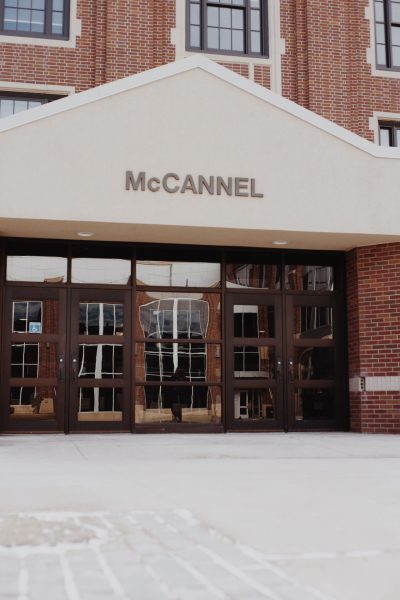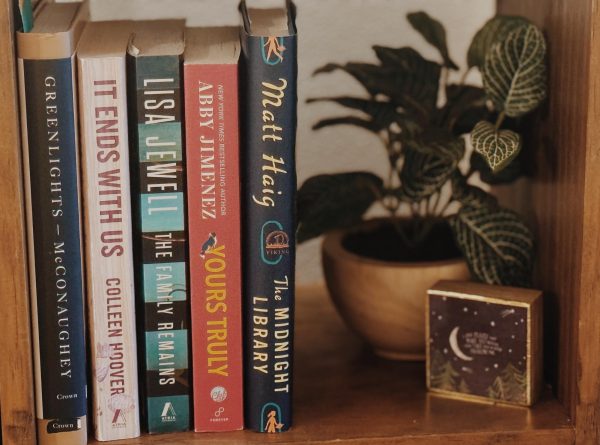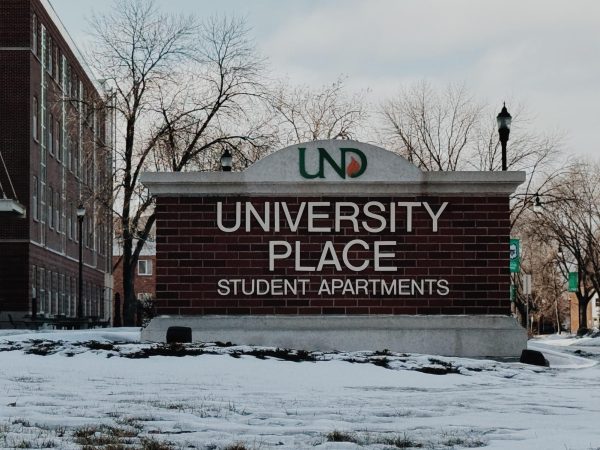DS View: Truth
Story of UND professors cleared of accusations of plagiarism should bring conversation to proper light.
In the spring of last year, The Dakota Student was sent an anonymous stack of documents. The letter attached to them said the included articles provided evidence that suggested UND professors had engaged in dishonest practices, and the paper should determine for itself to what extent three members of the accounting program had plagiarized.
With little additional information and only one anonymous tip as evidence, the story idea was left to sit until additional information could be gathered.
It wasn’t until this fall, when the rumors of plagiarizing professors became casual quad gossip, that the subject was once again brought to the paper’s attention.
Yet, what appeared to be a simple, although disturbing, case of plagiarizing professors, was nothing of the sort.
The professors are innocent, as The Dakota Student uncovered — the victims of human error.
The decision to run today’s front page story “Professors cleared of unethical behavior accusations” was a tough one, but a necessary one. The sensitive nature of the topic only complicated matters. Ultimately, however, the duty of The Dakota Student is to print the truth and to provide its readers with the information they need.
The nature of the newspaper business has always placed papers and reporters in positions of influence and tremendous responsibility. To hide this story, or to allow it to remain untold, would be to do a grave disservice to those involved, the student body and the rest of the UND community.
While, on its surface, the story of UND professors Kenneth Hansen, Robert Dosch and Steve Carlson speaks to plagiarism, it carries with it deeper implications for the university and its students.
As a research university, UND measures a large part of a professor’s success on his or her ability to produce research, journal articles and continued opportunities for intellectual growth.
The case of the three UND professors could have provided a valuable opportunity for the university as a whole to open up a conversation on plagiarism and academic honesty. Instead, the conversation was stifled, limited to the he-said-she-said of hallway story swapping.
As the facts became more and more muddled, those living this story seemed to become less and less human, instead playing characters in a real-time soap opera.
This story may have come to The Dakota Student as an anonymous tip, but it began, and now, ended, with people — people who think and feel and live the words written on our pages.
There can be no anonymity with the truth.











